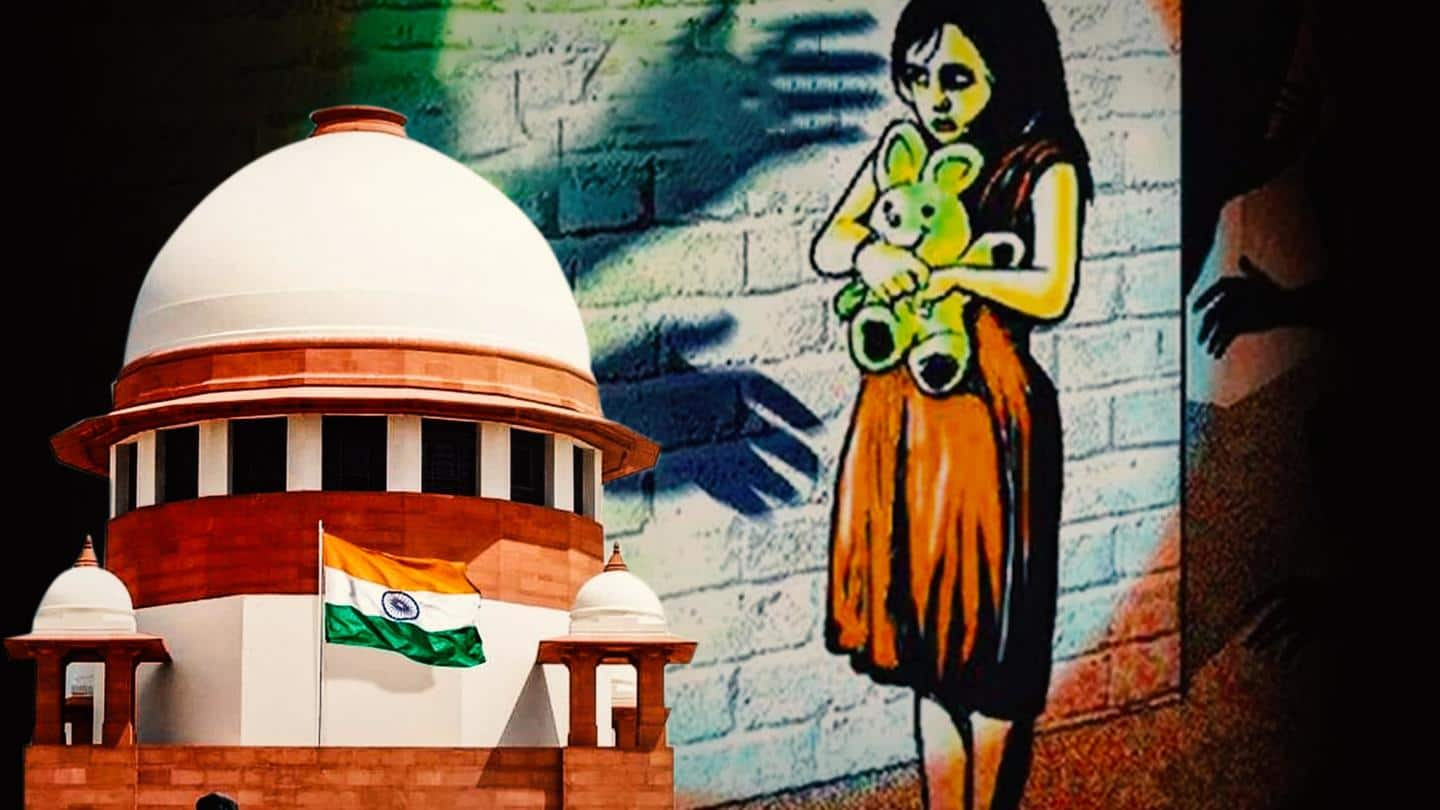
SC sets aside ruling mandating 'skin-to-skin' contact for sexual assault
What's the story
The Supreme Court Thursday set aside a Bombay High Court ruling that said "skin-to-skin" was necessary for a sexual assault conviction under the Protection of Children from Sexual Offences (POCSO) Act.
An SC bench headed by Justice UU Lalit held that the main ingredient in determining the conviction of an offender is "sexual intent, not skin-to-skin" contact.
Context
Why does it matter?
The SC said the controversial Bombay HC ruling could have allowed an accused to escape a sexual assault conviction if they, say, wore gloves to grope a child.
The SC asked courts to not create ambiguity in a law designed to protect children.
The HC had in January acquitted a 39-year-old man of sexual assault charges for groping a 12-year-old over her clothes.
Details
5-year jail to accused earlier acquitted
The SC on Thursday directed the accused to surrender in four weeks.
The accused shall undergo a punishment of three years and five years imprisonment as awarded by the Special POCSO court.
The previous HC ruling had only convicted the accused under Sections 354 (assault or criminal force) and 342 (wrongful confinement) of the Indian Penal Code (IPC).
SC
Can't narrow meaning of 'physical contact': SC
The SC observed that narrowing the meaning of physical contact to skin-to-skin touch would only put limitations on the purpose of the POCSO Act.
A person could easily escape from conviction if he uses a glove or a similar material while physically groping someone, the court said.
"Purpose of the law cannot be to allow offenders escape the meshes of the law," it added.
SC
Courts cannot create ambiguity: SC
The SC said restricting the meaning of "touch" and "physical contact" under Section 7 of the POCSO Act is absurd.
"We have held that when the legislature has expressed clear intention, the courts cannot create ambiguity in the provision," it said.
The definitions of "touch" and "physical contact" were referred to from the dictionary as the Act does not define their meanings.
Past
What did HC order say?
The concerned incident occurred in December 2016, when the 39-year-old accused lured a 12-year-old girl into his house promising eateries.
According to the complaint, he then groped the minor's breasts over her clothes and tried to undo her salwar.
In January 2021, the Bombay HC said groping over the clothes does not amount to sexual assault under Section 8 of the POCSO Act.
More information
AG Venugopal had moved SC against HC
Notably, Attorney General KK Venugopal, the National Commission for Women, and the Maharashtra government had together appealed against the HC verdict in the SC.
This marked the second time in the history of the SC that an AG had appealed against an HC order.
Earlier, an AG had appealed against a Rajasthan HC order regarding a public hanging in 1985.